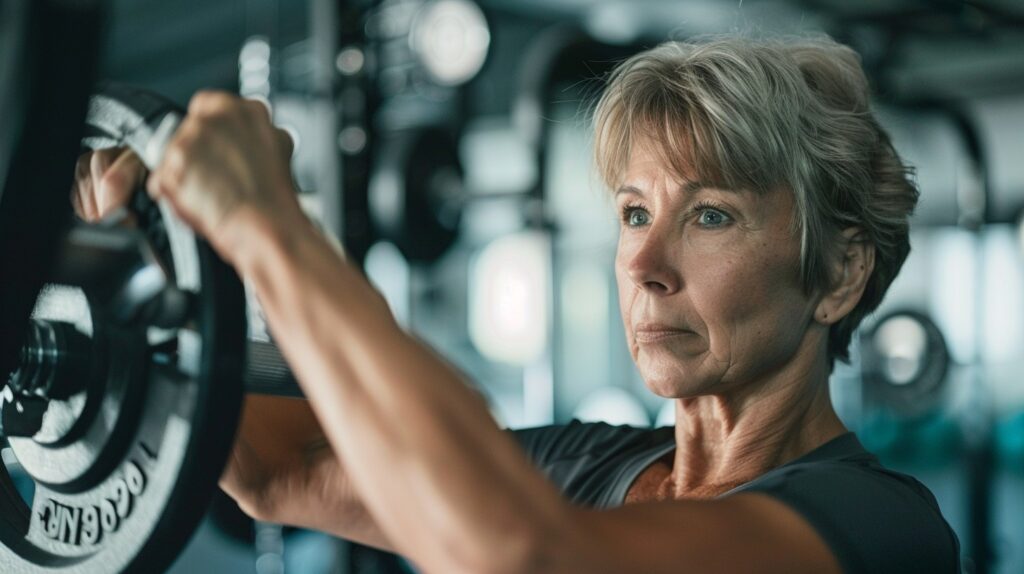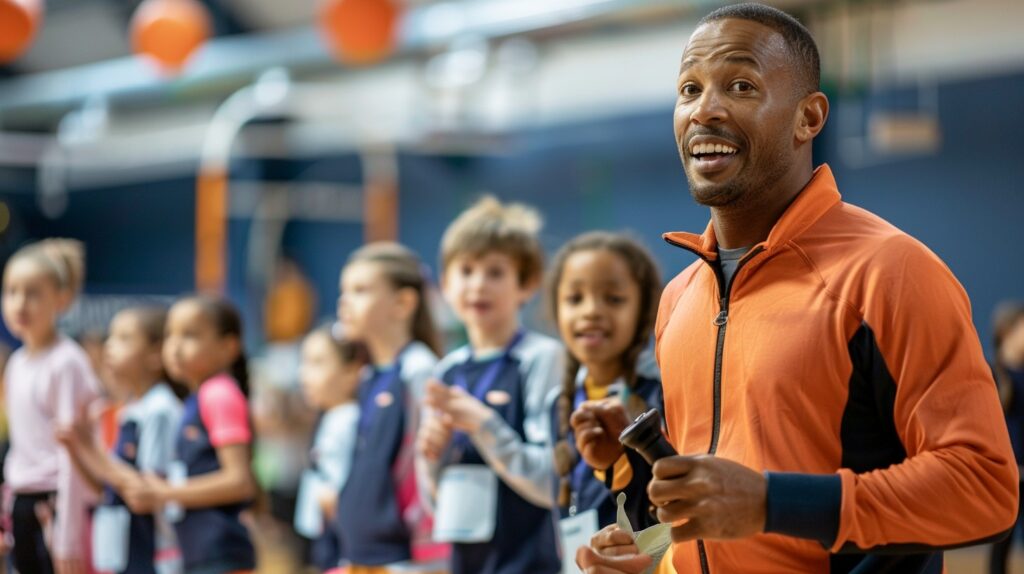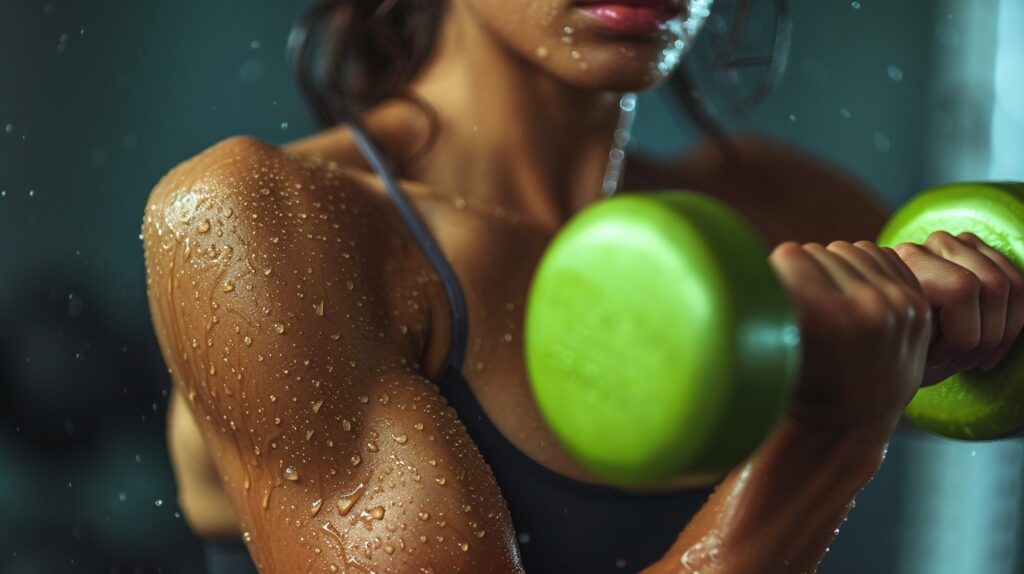Physical Education: Building a Healthy and Active Lifestyle
Introduction
Physical education (PE) is an important component of a well-rounded education that focuses on developing physical literacy, motor skills, and knowledge about physical activity and health. It plays an important role in promoting lifelong physical activity, developing healthy habits and enhancing overall health.

Importance of physical education
- Physical Health: Regular physical activity helps prevent chronic diseases, obesity and strengthens the body.
- Mental Health: Exercise improves mood, reduces stress, and enhances cognitive function.
- Social Development: PE promotes teamwork, cooperation, and interpersonal skills.
Cognitive Development: Physical activity stimulates brain function and enhances learning. - Character Development: PE teaches discipline, perseverance and sportsmanship.
Basic Components of Physical Education
Physical education includes a variety of activities and skills:
- Motor Skills: Developing basic movement patterns and coordination.
- Fitness: Improve cardiovascular endurance, muscular strength, flexibility, and body composition.
- Knowledge and Understanding: Learning about health, nutrition, and the benefits of physical activity.
- Psychological Development: Developing self-esteem, confidence, and social skills.
- Physical Activity Participation: Engaging in regular physical activity for enjoyment and lifelong wellness.
Table: Benefits of Physical Education

| Advantage | Description |
|---|---|
| Physical health Better cardiovascular health, strength, flexibility, and endurance | |
| Mental Health | Reduction in stress, anxiety and depression |
| Social skills Improved teamwork, collaboration, and communication | |
| Academic performance Improved focus, attention, and cognitive function | |
| Lifelong Wellness | Promotes the foundation of a healthy and active lifestyle. |
Frequently Asked Questions About Physical Education
Is physical education important for all students?

- Yes, physical education is essential for the overall development of all students.
How Much Physical Activity Should Children Get?
*Children and adolescents should get at least 60 minutes of moderate-intensity physical activity every day.
How can parents support physical activity at home? - Encourage active play, limit screen time, and engage in family physical activity.
What is the role of technology in physical education? - Technology can be used to track physical activity, provide fitness feedback and enhance learning experiences.
*How can schools create a physically active environment? - Promote physical activity before, during and after school, and provide safe places to play.
Result

Physical education is the cornerstone of a child’s overall development. It equips students with the knowledge, skills and motivation to lead active and healthy lives. By prioritizing physical education, schools can create a positive learning environment that promotes physical, mental and social well-being.
Would you like to focus on a specific aspect of physical education, such as physical education for students with disabilities, the role of sports in physical education, or the impact of technology on physical education?